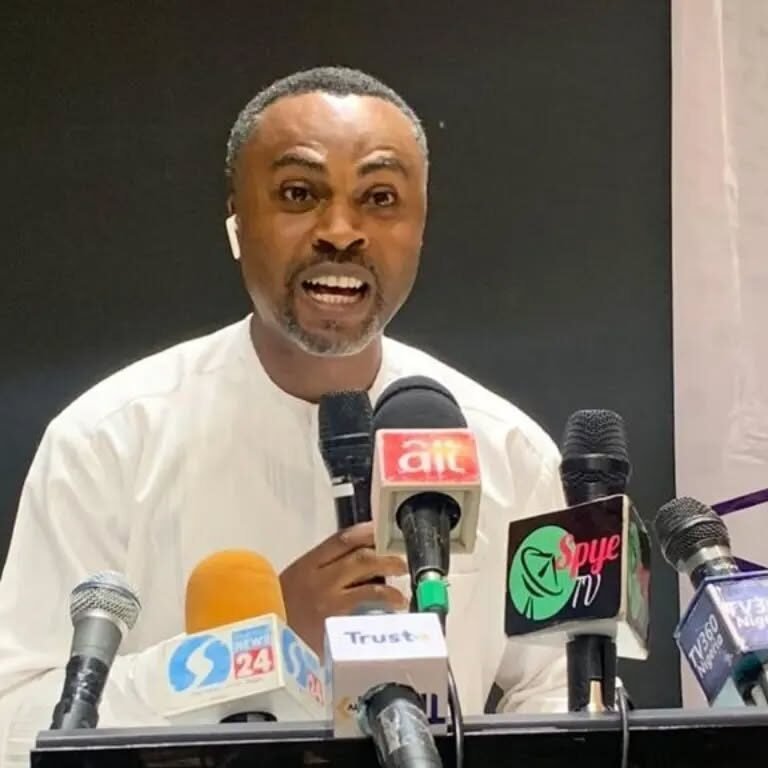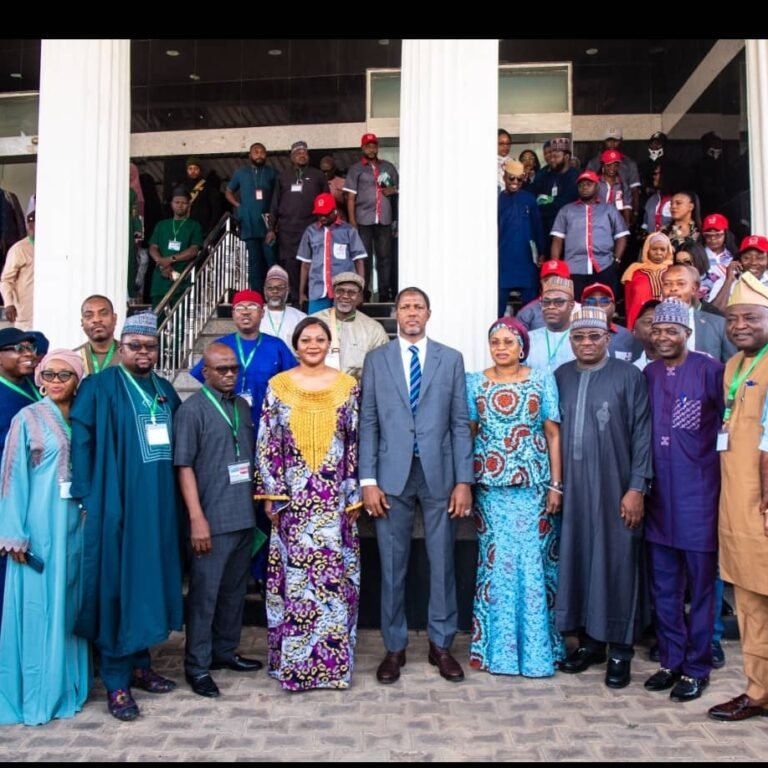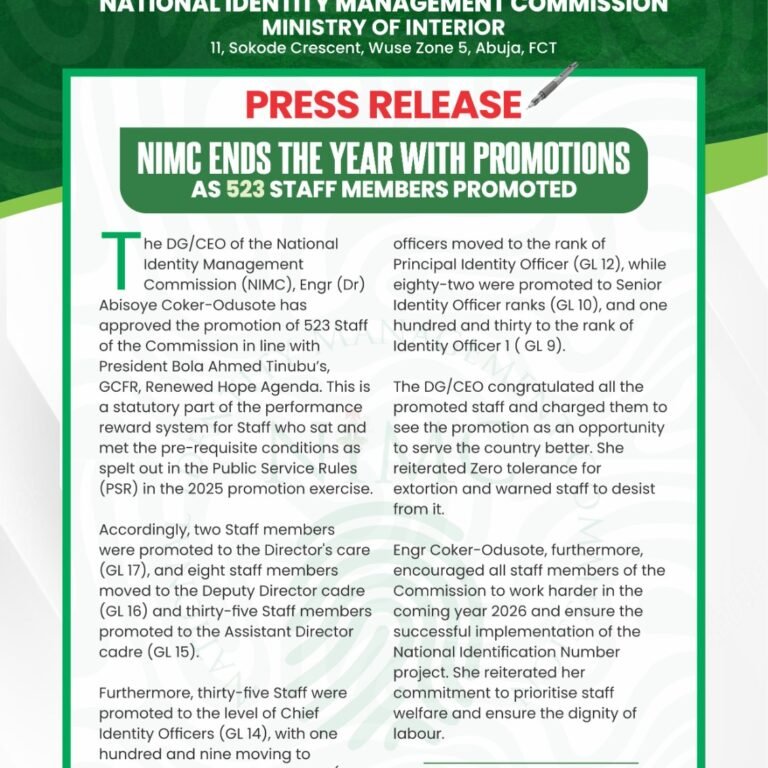
By Ameh Gabriel
Abuja, Nigeria: Human rights activist and political commentator, Deji Adeyanju, has strongly criticized the National Assembly following the withdrawal of a controversial bill seeking to make voting compulsory in Nigeria, describing the proposal as a clear indication of a “jobless and disconnected” legislature.
In a public statement issued over the weekend, Adeyanju condemned the bill which proposed a fine of up to ₦100,000 or six months’ imprisonment for eligible voters who fail to vote without justification—as “tone-deaf and profoundly unserious.”
“At a time when the country is grappling with insecurity, mass unemployment, and widespread youth disillusionment, introducing a bill to punish citizens for not voting reveals how idle and out-of-touch our lawmakers have become,” he said.
Adeyanju argued that instead of addressing the root causes of voter apathy such as electoral fraud, lack of public trust in governance, and poor development outcomes legislators are wasting time on punitive proposals that criminalize justified civic disinterest.
“This is a symptom of a National Assembly increasingly disconnected from the realities of the people it claims to represent,” he noted. “Politics in Nigeria has become a full-time career for many who would otherwise be unemployed, and this has led to the proliferation of frivolous, anti-people bills.”
He called for a structural overhaul of Nigeria’s legislative system, advocating for a part-time National Assembly composed of professionals with careers outside politics. “In more functional democracies, lawmakers are often academics, lawyers, entrepreneurs, and other professionals who bring real-world experience into governance,” he said.
Adeyanju further recommended that lawmakers earn stipends equivalent to that of members of the National Youth Service Corps (NYSC), arguing that public service should be about sacrifice, not financial gain.
“If these roles were part-time, remunerated modestly at the level of an NYSC corps member, and reserved for competent professionals, we would see a higher quality of legislation and fewer absurd proposals like this one,” he added.
While the compulsory voting bill has now been withdrawn, the controversy it generated has reignited debates about the need for electoral reforms, legislative accountability, and political restructuring in Nigeria.







